Search Posts
Recent Posts
- Outdoors in RI: Help keep recreation areas clean. Invasive Milfoil, trash. 2A update – Jeff Gross July 26, 2024
- Real Estate in RI: Highest-ever sale in Queen’s Grant, EG $1.25M, by Residential Properties July 26, 2024
- Homeless in RI: Gov. Newsom issues Executive Order. Remove California’s encampments. July 26, 2024
- Let the games begin. XXXIII Summer Olympics – John Cardullo July 26, 2024
- GriefSPEAK: What would you do? – Mari Dias Nardolillo July 26, 2024
Categories
Subscribe!
Thanks for subscribing! Please check your email for further instructions.
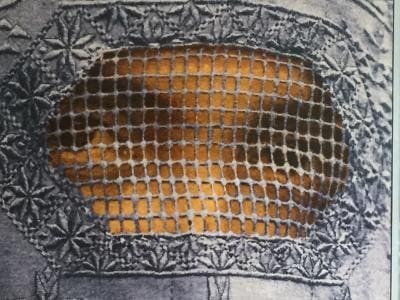
Afghanistan Past and Present – Timothy Ham
by Timothy Ham, special feature to RINewsToday
The news reports of Herat Afghanistan falling to the Taliban on August 12, added another provincial capital to nine capitols captured over the previous six days. By August 13, it is now up to eighteen of the thirty-four provincial capitals that have fallen.
To many, it is simply another example of events over six thousand miles away from Providence, presented on nightly news, of America’s twenty-year efforts in Afghanistan. To me, it is the fall of a city where I worked from 2008-2009 as the Western Regional Manager for a U.S. Agency for International Development (USAID) funded program to assist Afghan businesses. Some of my staff have left the country and others are still trying to come to the U.S. under the State Department’s Special Immigration Visa (SIV) program for those who worked for the U.S. Government. These are the same people that are now targeted by the Taliban.
Herat’s history can be traced back to the 6th century BC, when Alexander the Great came through in 330 BC. Its Blue Mosque is a center of worship for the region. I remember meeting the Provincial Governor several times, especially at openings of major events we sponsored for regional carpet sellers and small businesses. We supported training programs for women in harvesting and processing saffron, women growing mushrooms at home for sale in the market, equipment purchases for excavating and processing of high-quality marble from the region and much more.
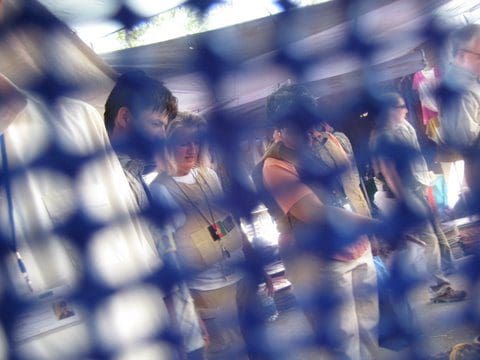
My staff included a woman who taught sewing to young girls during the first Taliban rule from 1996-2001 but hidden beneath the sewing material were schoolbooks prohibited by the Taliban, which she used to teach the girls to read. She was an indispensable member of the team and is now living in California with her family. My principal project lead and translator is still in Herat with his wife and three children, as is the project’s former accountant, awaiting the Embassy processing their SIV application, not sure if it will be in time.
The office and residence were in a three-story home located near the 15th century minarets and mausoleum to Queen Gawhar Shad. I would watch the sunset on the western horizon highlighting the mausoleum as homing pigeons made their evening circuit around the area to return to rooftop pens in the city. Herat was a prosperous city, having benefited from the tax revenue of the nearby Islam Qala customs and border crossing with Iran. The local Commander who helped expel the Russians and later Provincial Governor at the time, Ishmail Khan, decided to keep some revenue for betterment of the city with tree planting on wide boulevards, road repair and upgraded buildings rather than sending it all to Kabul. Herat was a beautiful city, full of history and promise, with a university of 10,500 students, a third of whom were women, and a growing business community and middle class.
This same Provincial Governor was appointed to the cabinet by President Karzai. No longer part of President Ghani’s government, he recently returned to his warlord efforts gathering forces to fight with the Afghan military against the Taliban drive to conquer the city. Yesterday he surrendered to the Taliban in order to stop further fighting, civilian loss and destruction of the city.
The photos I took, paintings, carpets, and books I purchased during my time there serve as reminders, but the relationships I made with my staff and those who made a difference will remain with me for the rest of my life. Sitting on the floor sharing Chai with family of my staff, meeting with Suraya Pakzad, a founder of Voice of Women, a non-government organization (NGO) focused on literacy and rights for women who had been recognized by the US Secretary of State Condoleezza Rice for her efforts, visiting those teaching art and business skills, even teaching English at the State Department supported library, I felt we made a difference at the local level to encourage regional and international sales and a stable community.
These last several days, I am working with my friends trying to pull documentation together to meet the SIV application requirements even as the U.S. is sending in at least another 3,000 troops to assist in evacuating a large portion of the 1,400 Americans at the Embassy in Kabul. In other areas, Afghan translators for the U..S. military have been killed by the Taliban for their work.
Will this be the fate of my friends in Herat? Have we done enough in time to help those who made our efforts possible? Clearly not!
I certainly could not have done this work without a wonderful local Afghan staff and armed security team to guard the office and residence and to keep us safe while transiting in our armed vehicle. During this time, local Taliban Commanders would threaten my staff and continue with occasional bombings in the area. My ex-pat Security Advisor, a former Royal Marine, historian and author who had extensive experience in Afghanistan going back to the Mujahidin times when Afghans were expelling Russians from the country. He provided the link that was essential to understand these times especially in light of the country’s past.
Another Provincial capital that fell recently is Gardez, South of Kabul. I worked there on another USAID funded project, living on the US Forward Operating Base (FOB) Gardez outside the city. One of the US military funded efforts was the use of social scientists to assist in inter-tribal conflict resolutions. I met Michael Bhatia, a Brown University graduate and doctoral student working with the 82nd Airborne, who also visited the FOB. His work as part of a Human Terrain System assisted in reducing conflicts in the region resulting in lowered civilian deaths and increased local district support for the Afghan government. Michael was killed by an Improvised Explosive Device May 7, 2008, in Khost Province and recognized posthumously by Robert Gates with the Secretary of Defense Medal for the Defense of Freedom. In addition to those members of the military recognized at the Garden of Heroes at the Rhode Island State House lawn, Michael serves as yet another reminder of a Rhode Island link to Afghanistan.
Timothy Ham is a 1974 graduate of Providence College who worked in Afghanistan, Pakistan, Iraq, and Jordan on USAID funded efforts.
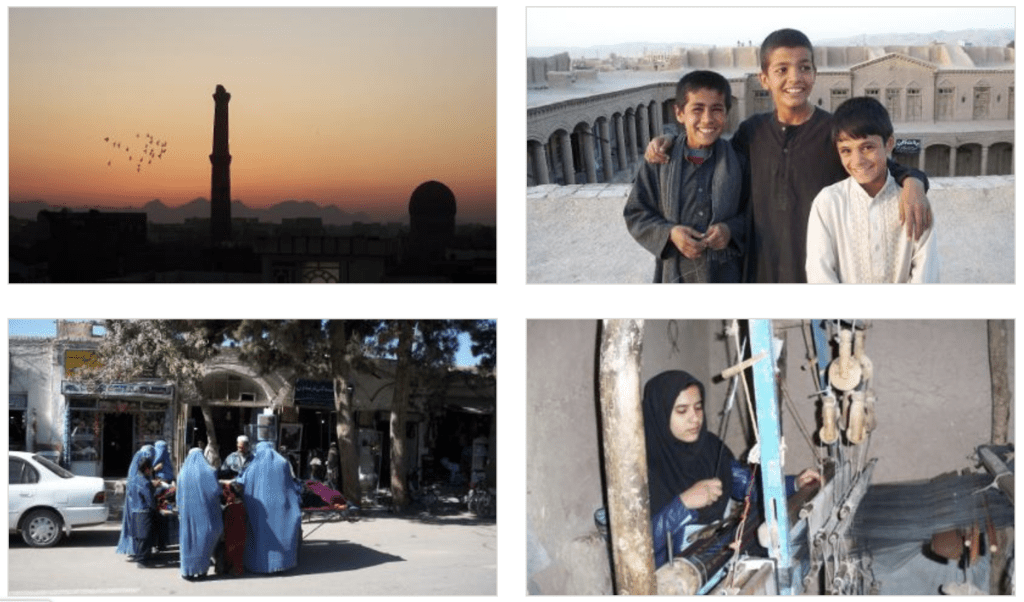
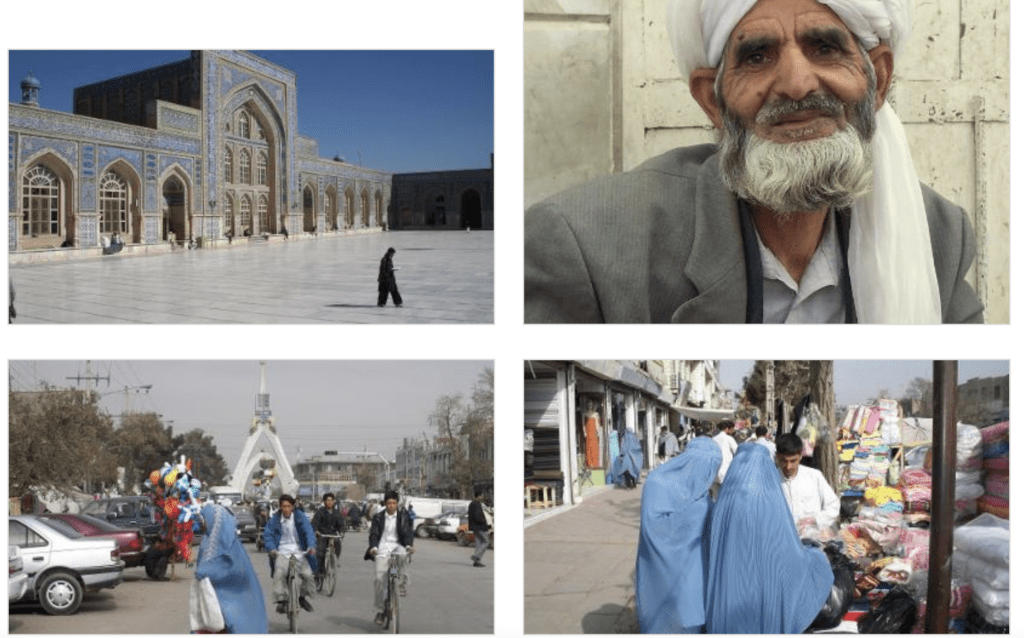
Photos: T. Ham, RINewsToday

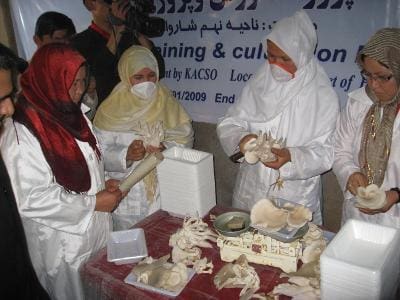
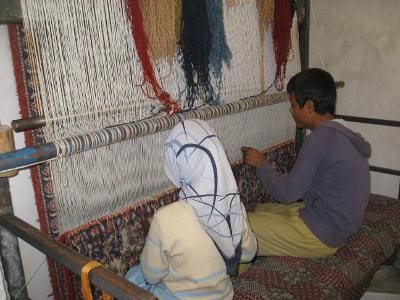
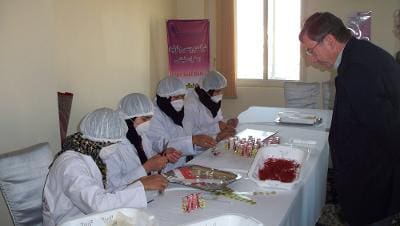
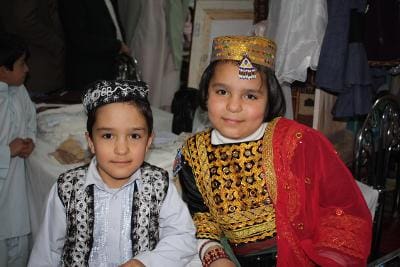
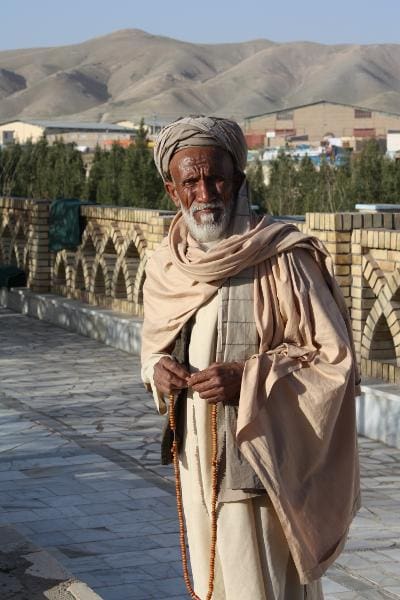
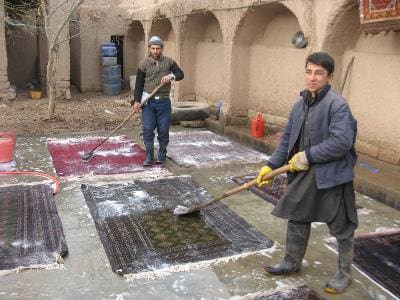
I am reminded of the fall of Saigon when we left so many of those who aided us behind. My heart breaks for those who trusted us to protect them. Thank you for the story of what you did do and the pictures. I too hope for the safety of those still there.
Ann, thank you for your note and wish for safety of those in Afghanistan. Yes, strong parrallels are there with Vietnam. Much more needs to be done to process the visa applications, help getting them out and later support for those who may actually reach the US. Regrettably these are the people who could best help Afghanistan.
Thank you John. Afghanistan has been under conditions of conflict many times before and will survive this one. Hopefully, the story will be written by them and not outside forces.
The untold story of the consequences of entering and pulling out of Afghan. Hoping for safety for all Afghans who worked with you and try to better their country.